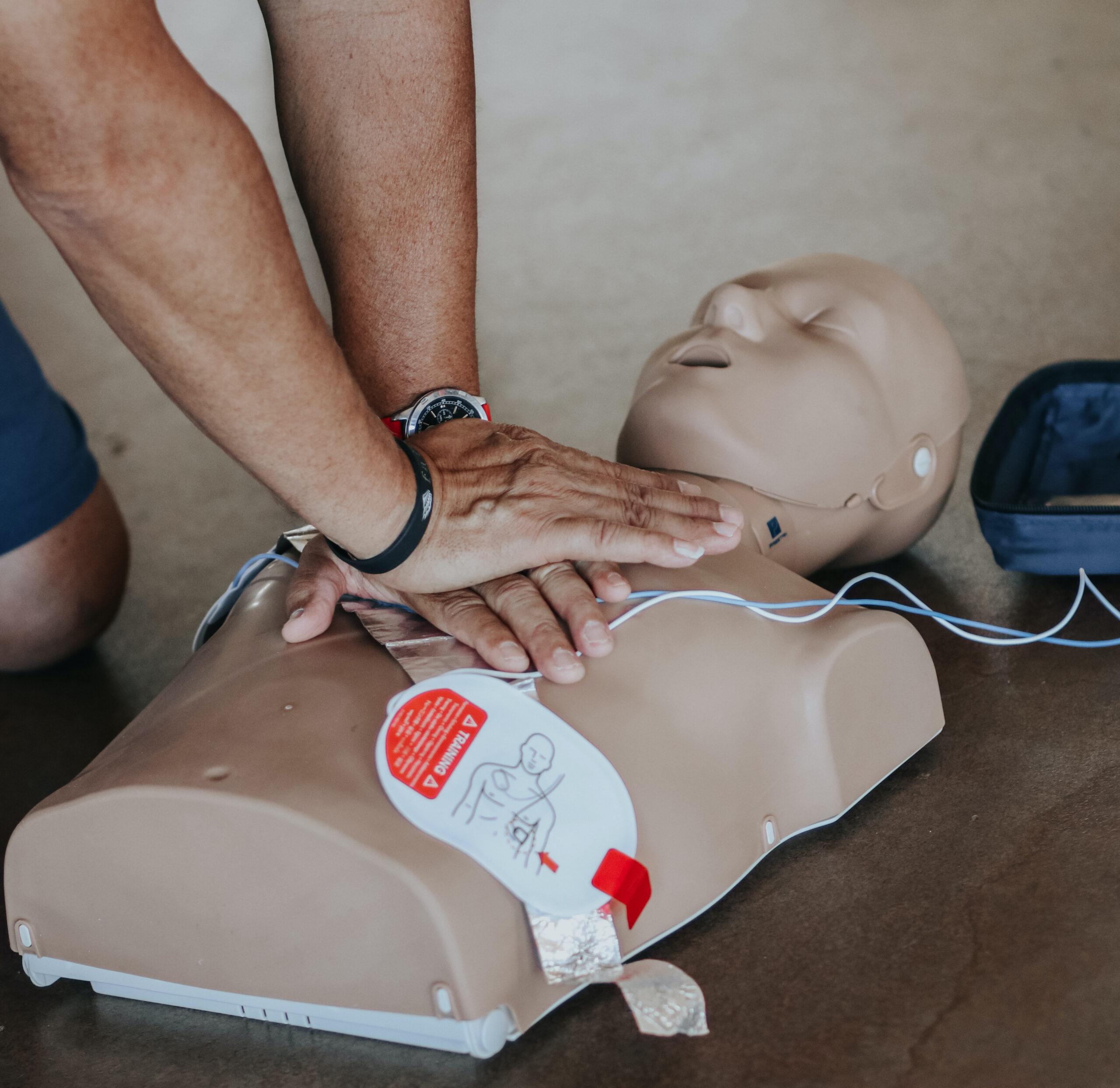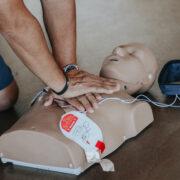
By Joseph C. Wu, MD
Close to 24 million people proudly identify as members of the diverse and valued Asian American Pacific Islander (AAPI) community in our country.
They’ve played and continue to play an integral part in the growth and history of the United States, starting – quite literally – by connecting the country by their instrumental role in building the Continental Railroad. They have been soldiers during wars overseas and fighters for equal rights on American soil.
They are healthcare professionals and technology experts and entrepreneurs: In 2020, the U.S. Census identified 612,184 Asian-owned businesses that employed 5.2 million people – the highest among all U.S. minority groups.
All reasons to stand tall, most certainly. Yet when it comes to cardiovascular health – most specifically, learning CPR and having the confidence to perform this potentially lifesaving procedure – we fall woefully short.
Take a look at these sobering statistics:
- In a survey of AAPI individuals, only 26 percent reported feeling confident enough to perform Hands Only CPR. This easy to learn form of cardiopulmonary resuscitation requires only two steps – call 911 and push hard and fast – and can be just as effective as conventional CPR.
- Just under 70 percent of respondents reported that fear of hurting the person who needed CPR would prevent them from attempting it.
- Only 46 percent of respondents, not even half, said they would attempt CPR at all if they saw the need.
Knowing this potential lifesaving procedure and having the confidence to perform it are imperative if we want to save ourselves and each other. Which leads to this other heart-related whammy: Compared to other ethnic groups, individuals from South Asia have a higher proportional mortality rate from ischemic (coronary artery) disease.
One reason undoubtedly is because 1 in every 20 non-Hispanic Asian adults smokes cigarettes, according to the Centers for Disease Control and Prevention (CDC). Smoking raises the risk for cardiovascular disease, stroke and cancer – three of the leading causes of death among Asian Americans.
More disturbing news: Asian Americans and Pacific Islanders who suffer cardiac arrest outside a hospital setting are less likely to receive bystander CPR – which, even in the general population, is less than half.
We in the AAPI community are smart. We’re strong. We have the wherewithal to change these statistics. That starts with doing all we can to enhance our own heart health. To stop smoking or not even start. To eat fewer processed foods and more fruits, vegetables and whole grains. To incorporate more movement into our lives.
And, equally as important, to accept the challenge of the American Heart Association to Be the Beat for our families, our friends, and for total strangers by learning Hands-Only CPR.
Granted, CPR won’t save every life. Sadly, only about 10 percent of the 350,000 people who suffer cardiac arrest outside of a hospital setting survive it. But if you are or you know one of those survivors, isn’t knowing this procedure worth it? Especially when you consider that performing CPR during cardiac arrest can double or even triple a person’s chance of survival.
That makes increasing awareness of the importance of bystander CPR “extremely important throughout the AAPI community,” said Michelle A Albert, M.D., M.P.H. FAHA, American Heart Association volunteer President. “It is time to do better and shift the numbers so that every single household in America has at least one person who, at minimum, knows Hands-Only CPR.”
Which brings us back to Be the Beat. This fun name with serious implications calls on us all to find songs with 100 to 120 beats per minute, which is the AHA-recommended rate to perform chest compressions during CPR. The organization has even teamed with the Elevance Health Foundation to create a Don’t Drop the Beat playlist.
Most of us will recognize at least some of the songs: “Stayin’ Alive” by the BeeGees. “One Dance” by Drake, Wizkid, Kyla. “Off the Wall” by Michael Jackson. “Ring of Fire” by Johnny Cash.
Each beat equals one compression: Deep, quick, and by the time the song ends, first responders answering your 911 call will quite possibly be there to take over. You can step aside, knowing you gave your all to help save a life. You granted hope to an individual, to a family, to a community – be they AAPI or otherwise, you were there. And you knew what to do.
Joseph C. Wu, MD, PhD, is the President-Elect, American Heart Association, Director, Stanford Cardiovascular Institute, and Simon H. Stertzer, MD, Professor of Medicine & Radiology, Stanford University School of Medicine





